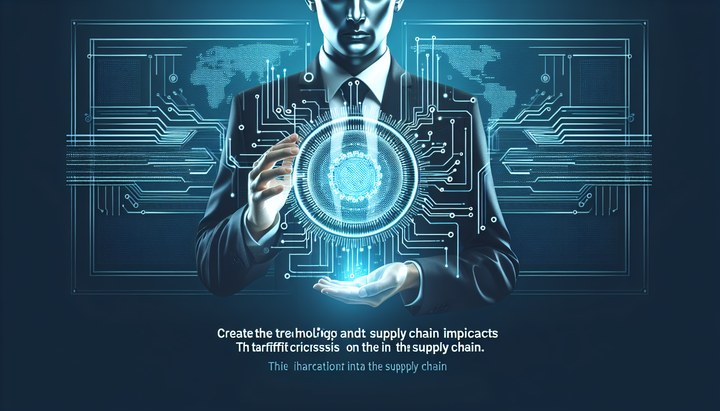Meta's New Approach to Content Moderation: Ending the Fact-Checking Program

Meta's Strategic Shift in Content Moderation
Meta, the tech giant formerly known as Facebook, has announced a significant shift in its content moderation strategy as it prepares for a new political climate under President-elect Trump. This change signifies the end of its longstanding fact-checking program, which was originally instituted to combat the proliferation of misinformation on its platforms, including Facebook, Instagram, and Threads. The decision underscores a recalibration of the company's policies as it aligns closer to ideals of free expression.
User-Centric Content Verification
The company, led by CEO Mark Zuckerberg, has decided to move away from relying on third-party fact-checkers. Instead, Meta will adopt a user-centric approach similar to the model used by the platform X, known as Community Notes. Users will now be encouraged to append notes or corrections directly to posts that may contain misleading information. This decentralization of content verification from professional fact-checkers to users marks a substantial shift in how Meta envisions regulating discourse on its platforms.
Implications for Tech and Society
This decision is likely to have wide-ranging implications for both the company and its user base. By enabling user-driven content verification, Meta hands more power to its community to govern itself. Supporters argue that this move could foster a richer dialogue characterized by diverse perspectives. Detractors, however, caution that it might exacerbate the spread of false information if not properly managed, thereby affecting public discourse and trust in social media platforms.
Technological Innovations and Freedoms
Meta's shift also highlights broader issues at the intersection of technology, governance, and freedom of speech. It raises critical questions about the responsibilities of technology companies in the digital age and the balance between enabling free expression while curbing misinformation. As an industry leader, Meta's actions may influence how other tech companies approach content moderation and misinformation, setting a precedent for the years to come.
Future Developments in AI and Blockchain
Amid these changes, attention might pivot to how emerging technologies such as artificial intelligence and blockchain could provide innovative solutions to the underlying challenges in content moderation. AI-driven algorithms might be leveraged for real-time content assessment, while blockchain technology—known for its transparency and immutability—could offer novel ways to trace and verify content origins. These innovations could play a pivotal role in the evolution of social media dynamics.



Comments ()